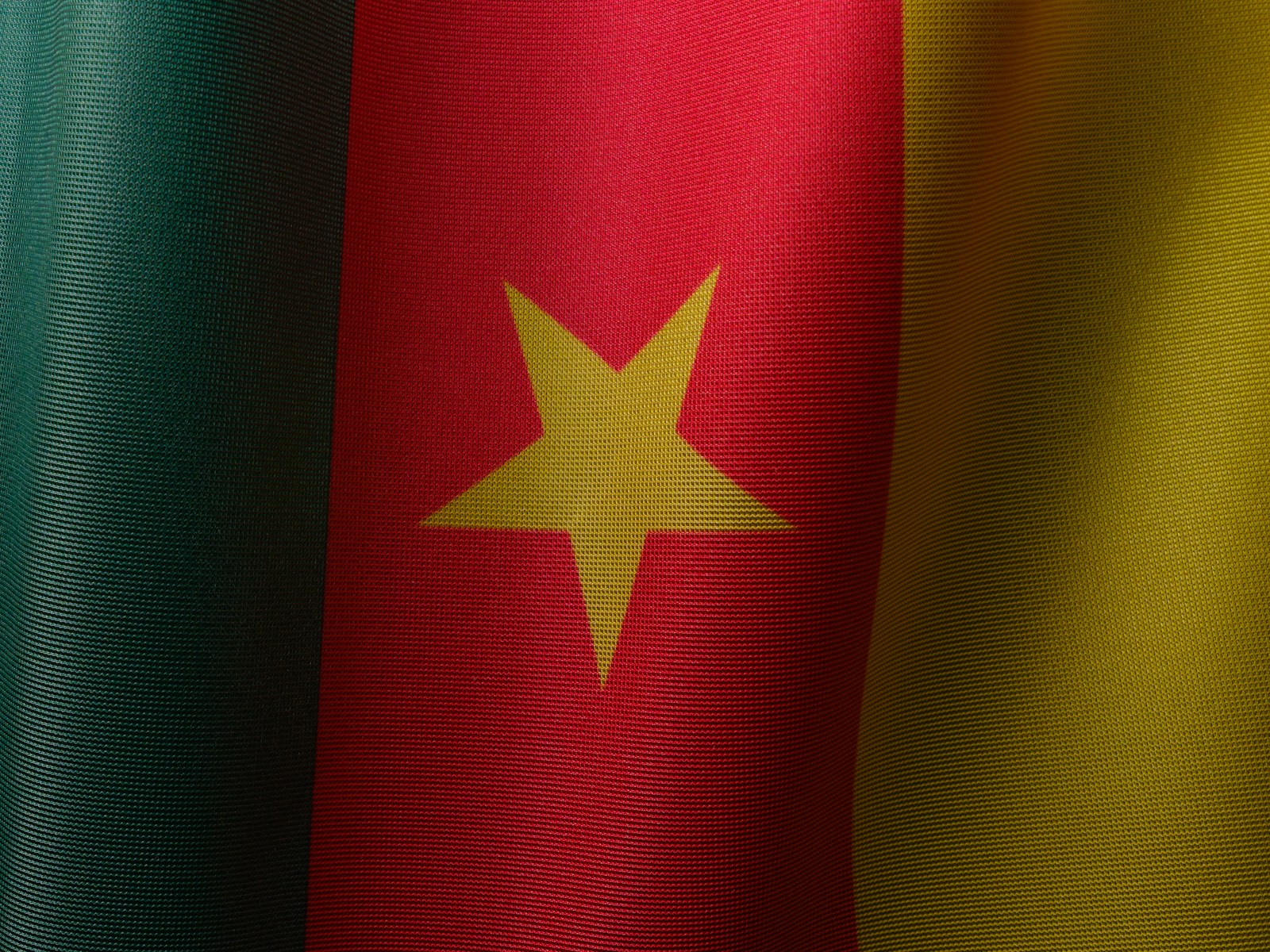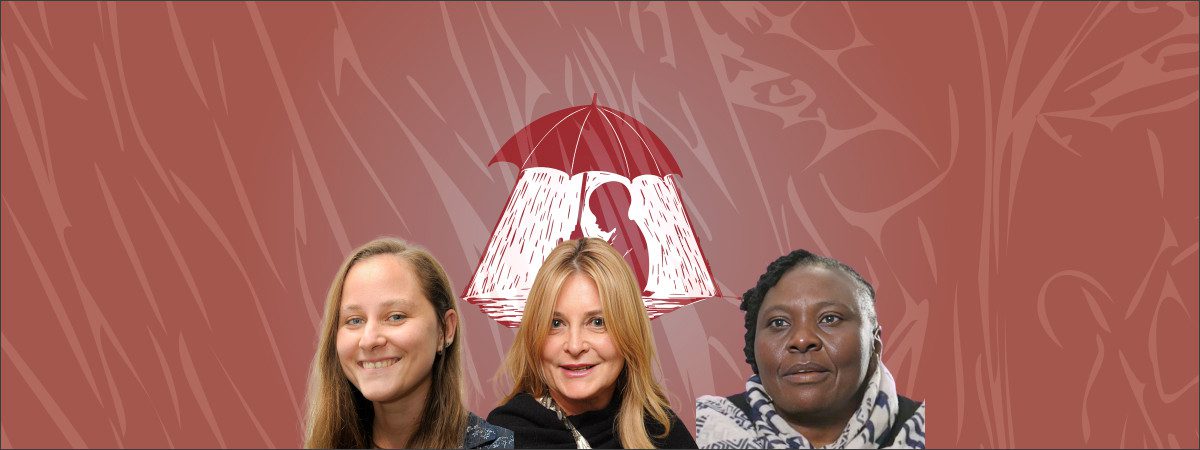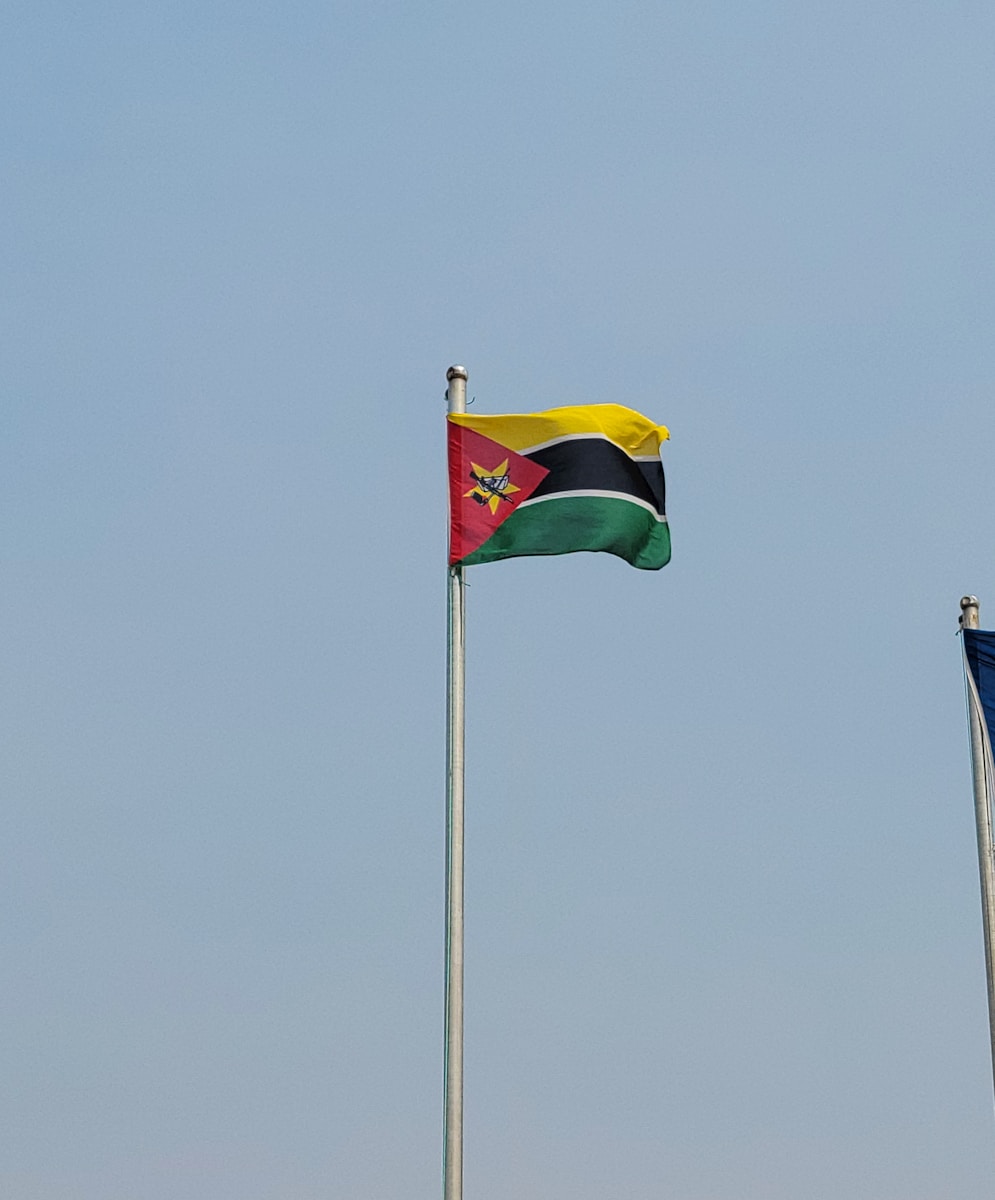Cameroon Elections 2025: Alarming Threats to Democracy
Cameroon Elections 2025 is approaching a pivotal presidential election on October 12, 2025. The nation faces a complex mix of political, social, and security challenges that will determine the country’s democratic trajectory. With President Paul Biya, who has been in power since 1982, seeking another term, questions about the fairness and transparency of the elections are more pressing than ever. Citizens and observers alike are watching closely to see if Cameroon can uphold the democratic principles it has long claimed to support.
1. Cameroon Elections 2025 & Political Context
Cameroon has maintained relative political stability over the decades, but its elections have often been marred by allegations of irregularities. The long-standing leadership of President Biya has sparked debates about political stagnation and limited opportunities for real change. As voters prepare for 2025, there is heightened attention on whether the electoral process will allow genuine political competition or merely reinforce the status quo.
2. Restrictions on Opposition
In recent months, key opposition figures have faced restrictions that raise concerns about the exclusivity of the elections. Notably, Maurice Kamto, a leading opposition candidate, was barred from participating, triggering nationwide protests. International human rights organizations have criticized such measures, emphasizing that fair access for all candidates is fundamental to a credible election.
3. Role of Civil Society
Despite these challenges, civil society organizations in Cameroon continue to play an active role in promoting electoral transparency. They organize voter education campaigns, monitor election preparations, and advocate for reforms. Their work is crucial in empowering citizens to understand their rights and participate meaningfully in the democratic process. For more on citizen engagement in Cameroon, see our detailed guide.
4. Security Challenges
Some regions of Cameroon, particularly the Anglophone areas, have been affected by ongoing armed conflicts. These conflicts create significant obstacles for organizing safe and transparent elections. The government has committed to deploying additional security forces to protect polling stations, yet concerns remain about voter intimidation and accessibility. Observers warn that ensuring safety for all voters is essential to prevent disenfranchisement and maintain public confidence in the electoral process.
5. Media and Information Control
Access to unbiased information is a cornerstone of any democratic election. In Cameroon, media outlets face restrictions that can limit the public’s exposure to a variety of political perspectives. State-run media often dominate the narrative, while independent journalists sometimes face harassment or censorship. International organizations highlight the importance of free press and transparent reporting to allow voters to make informed choices. For further insights, refer to Human Rights Watch’s report on Cameroon.
6. Economic Factors Affecting Voters
Cameroon Elections 2025: Economic challenges in Cameroon also influence voter behavior. High unemployment, inflation, and regional disparities can shape public sentiment toward candidates and policies. Voters may prioritize economic stability and development when casting their ballots, which adds pressure on politicians to address these issues. Civil society groups often advocate for integrating economic reforms into political campaigns to ensure that citizens’ needs are represented. Learn more about voter economic concerns in our Cameroon Economy & Elections guide.
7. Youth Participation in Elections
The youth population in Cameroon represents a significant portion of the electorate. Engaging young voters is essential for a vibrant democracy. Many young citizens are concerned about unemployment, education, and access to technology, which influence their voting decisions. Civic education campaigns targeting youth aim to empower them to participate actively in the 2025 elections, ensuring their voices are heard. Explore our Youth Engagement in Elections resource for strategies and success stories.
8. International Observers and Support
International organizations, including the United Nations and the African Union, are closely monitoring Cameroon’s electoral preparations. Their presence is intended to ensure transparency, fairness, and adherence to democratic standards. Observers provide recommendations on how to reduce irregularities and promote voter confidence. Additionally, foreign support helps fund election logistics and training for local election officials, contributing to the overall credibility of the process. For official election observation updates, visit UN Election Monitoring.
9. Cameroon Elections 2025 & Political Campaign Strategies
Political parties in Cameroon are preparing their campaigns with a focus on regional issues, national security, and economic reforms. Social media and digital platforms are increasingly being used to reach voters, particularly younger demographics. Candidates emphasize promises of stability, improved governance, and enhanced public services. Observers note that effective campaign strategies not only influence voter turnout but also shape public perception of credibility and competence. Learn more about digital campaign trends in our Digital Election Strategies Guide.
10. Prospects for Democratic Reform
Looking ahead, there is cautious optimism about the potential for democratic reform in Cameroon. Advocacy groups, political analysts, and international observers stress the need for legal and institutional reforms to strengthen electoral integrity. Proposed measures include enhanced voter registration systems, independent oversight committees, and stricter enforcement of campaign finance rules. While challenges remain, these reforms could pave the way for a more transparent and accountable political environment in future elections.
Conclusion
Cameroon elections 2025 represent a critical moment in the nation’s history. From political restrictions and security challenges to economic concerns and youth engagement, the election will test Cameroon’s commitment to democratic principles. International support, civil society advocacy, and active citizen participation are all essential components in ensuring a credible and fair process. Despite uncertainties, the hope for meaningful political progress remains a powerful motivator for voters and reformers alike.




